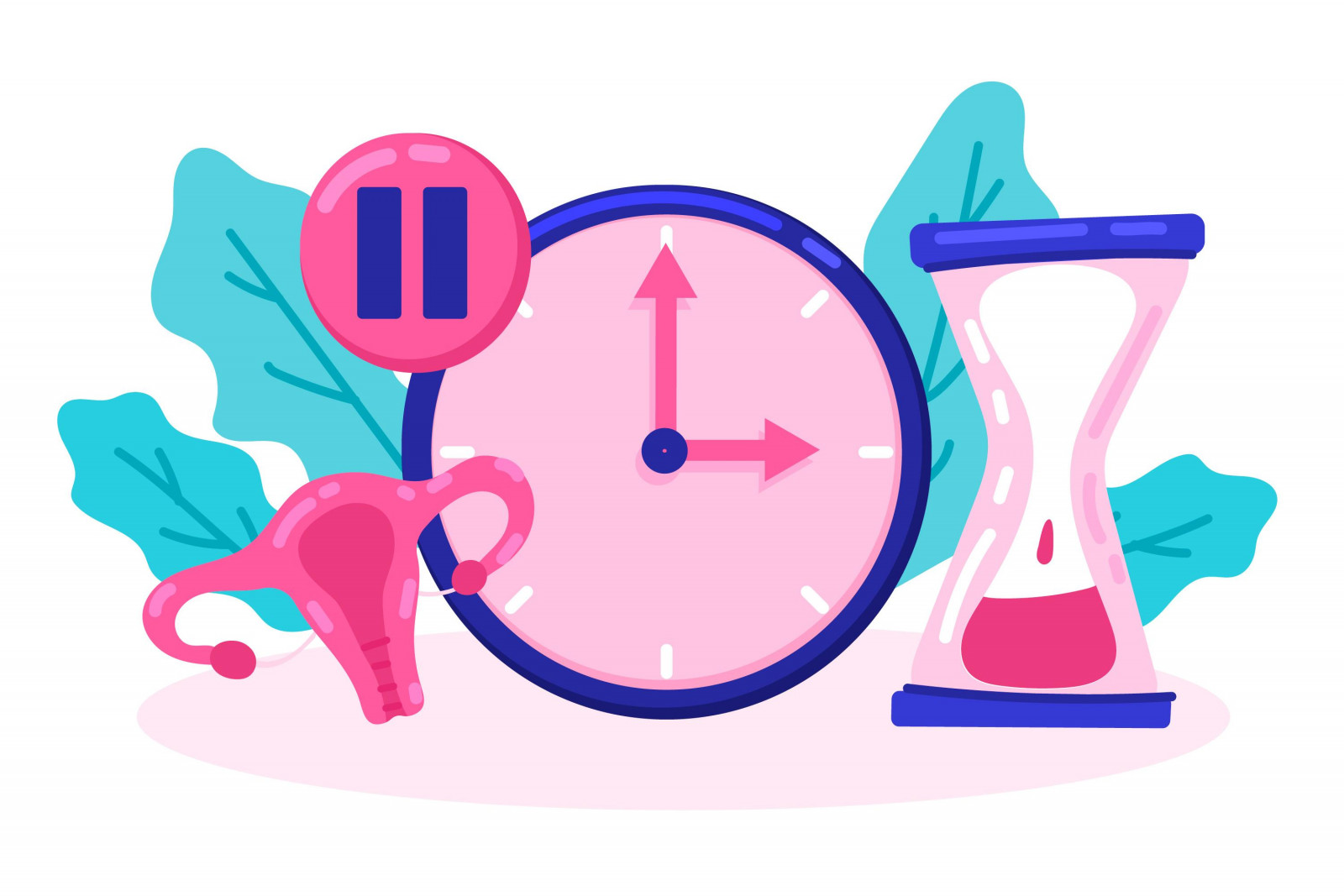Perimenopause at 30? Women in Their 30s Are Shocked by This Fact

© Freepik
Why is women’s health neglected this much?
Have you ever felt like your body is changing in ways you can’t quite explain?
Maybe your periods are unpredictable, or you’re waking up sweaty at night. These could be signs of perimenopause, a phase that’s getting a lot of attention lately.
More women, especially in their 30s and 40s, are sharing their stories, and it’s sparking conversations everywhere.
What’s behind this buzz, and why does it matter? Let’s dive into what perimenopause is and why it’s become such a hot topic.
What Is Perimenopause?

Perimenopause is the time when a woman’s body starts transitioning to menopause, the point when periods stop for good.
Perimenopause can start as early as age 30, though it’s less common. It often begins in the 40s or mid-30s. During this phase, hormones like estrogen and progesterone rise and fall unevenly, causing changes in the body.
Symptoms can include irregular periods, hot flashes, mood swings, trouble sleeping, and even brain fog—where focusing feels harder than usual.
Every woman’s experience is different. Some notice mild changes, while others feel symptoms that disrupt their daily lives.
This phase can last a few months or stretch over several years, averaging about four years. It’s not just physical—emotions can shift too.
Women might feel anxious or down without a clear reason. These changes can catch people off guard, especially since many don’t expect them so young.
That’s one reason women are talking more about it: to understand what’s happening and feel less alone.
Perimenopause Symptoms

- Irregular Periods: Your periods might come early, late, or skip months. They could be heavier or lighter than usual.
- Hot Flashes: You may feel sudden heat in your body, often in the face or chest, sometimes with sweating or chills.
- Night Sweats: Waking up sweaty at night, sometimes soaking your clothes or sheets, can disrupt sleep.
- Mood Changes: Feeling moody, anxious, or sad for no clear reason is common, like being on an emotional rollercoaster.
- Trouble Sleeping: You might struggle to fall asleep, stay asleep, or wake up feeling tired, even without night sweats.
- Brain Fog: It can be harder to focus, remember things, or think clearly, which can feel frustrating.
- Low Energy: You might feel tired or sluggish, even if you’re sleeping enough.
- Weight Changes: Gaining weight, especially around the belly, can happen even if you haven’t changed your habits.
- Dryness or Discomfort: Vaginal dryness can make sex uncomfortable, and you might notice less interest in intimacy.
- Joint or Muscle Aches: Unexplained stiffness or soreness in joints or muscles can show up.
- Hair and Skin Changes: Hair might thin or fall out, and skin can feel drier or less smooth.
- Heart Palpitations: Your heart might feel like it’s racing or skipping beats, which can be scary but is often normal.
- Headaches: You might get more headaches or migraines, especially if you had them with periods before.
Why Perimenopause Is Trending
So why is perimenopause all over the news and social media?
First, women are speaking up. Books like The New Menopause by Dr. Mary Claire Haver are helping break the silence, offering clear advice on symptoms and solutions.
Online platforms are buzzing with real stories from women navigating hot flashes or mood changes, creating a sense of community.
This openness is new—past generations often kept quiet about these topics.
Another reason is better awareness. Doctors and health experts are pushing for more education about perimenopause, especially since symptoms can be mistaken for other issues, like stress or thyroid problems.
Recent studies, like one from 2025, show many women in their 30s are seeking help for symptoms they didn’t know were tied to perimenopause.
This has led to calls for better training for doctors to spot and treat these signs early.
The wellness world is jumping in too. From supplements to apps tracking symptoms, there’s a growing market for perimenopause support.
This mix of personal stories, expert advice, and new tools is making perimenopause a topic people can’t ignore. It’s empowering women to take charge of their health and ask for what they need.
Taking Charge of Your Health
Perimenopause doesn’t have to feel overwhelming. Talking to a doctor can help sort out symptoms and find options, like lifestyle changes or treatments such as hormone therapy.
Simple habits—like eating well, staying active, and managing stress—can make a difference too. The real power comes from understanding what’s happening.
When women share their experiences, it builds a network of support, helping others feel ready for this chapter.
The conversation around perimenopause is growing because it’s time for women to feel heard. By learning about it, you’re joining a movement that’s all about taking control and thriving through change.
You might also want to read: Brain Health Habits to Improve Mental Health


